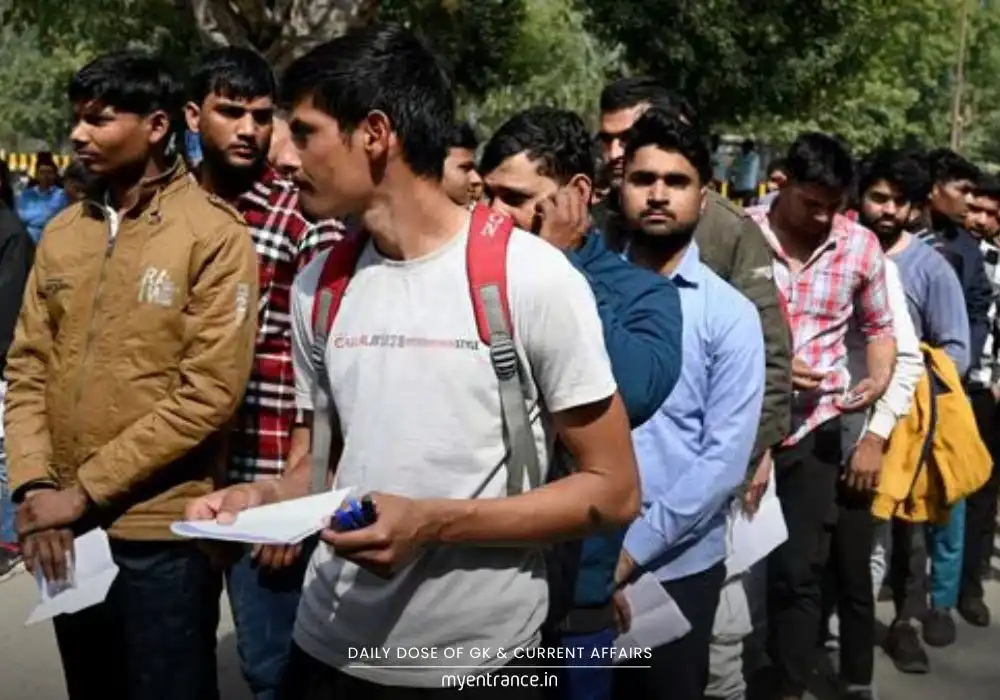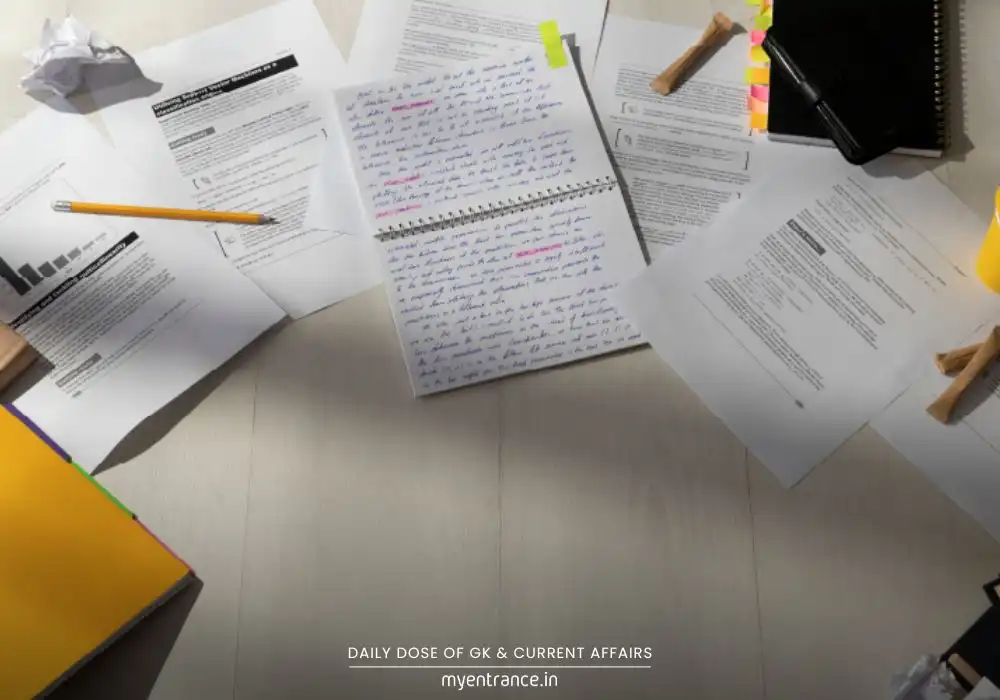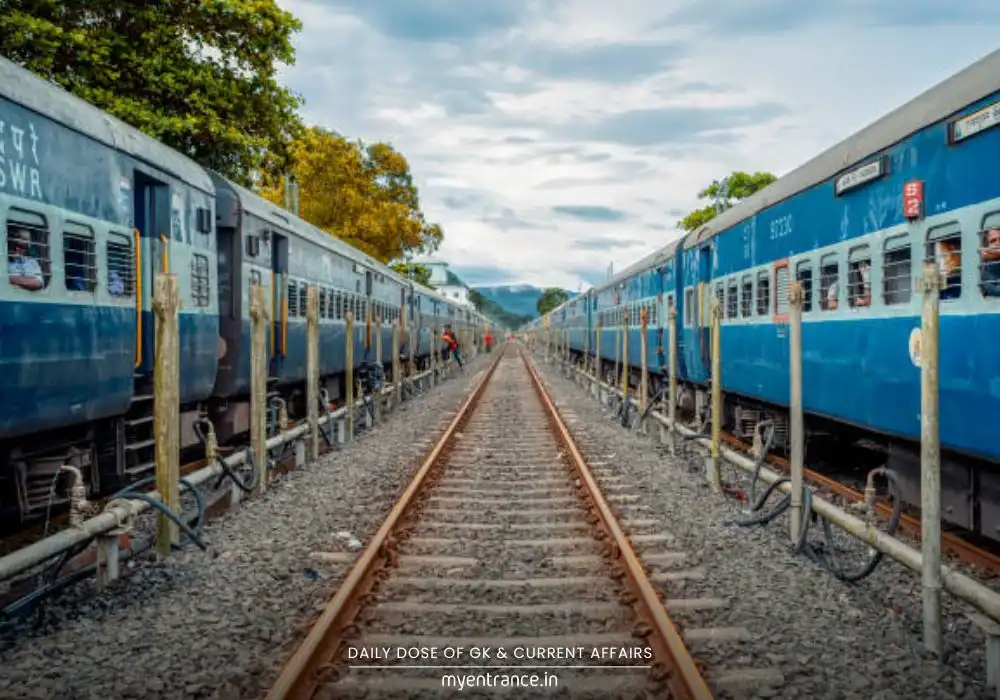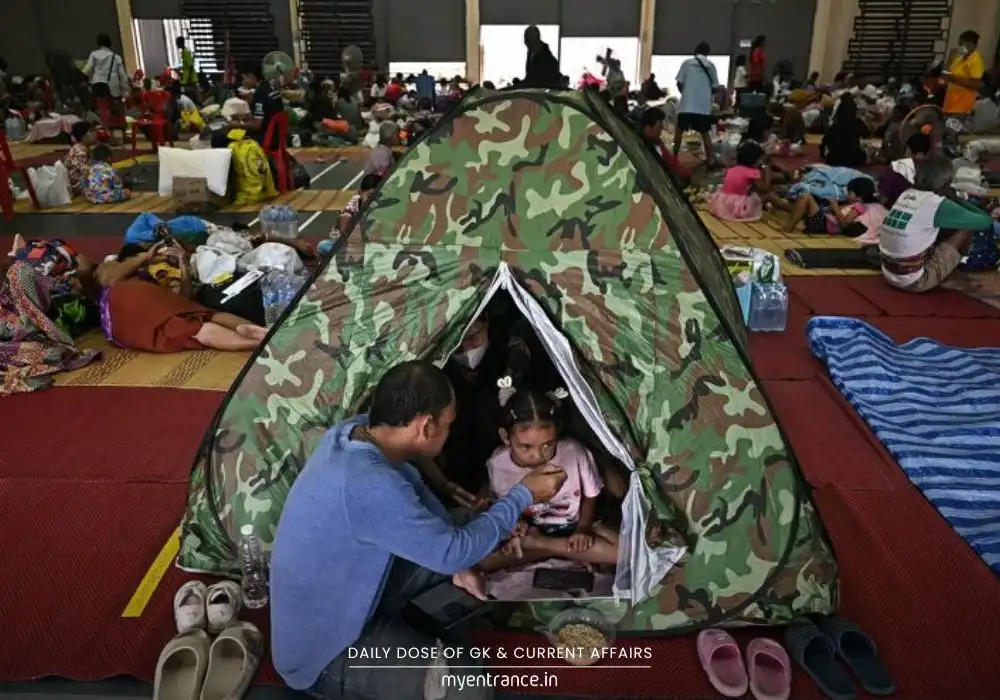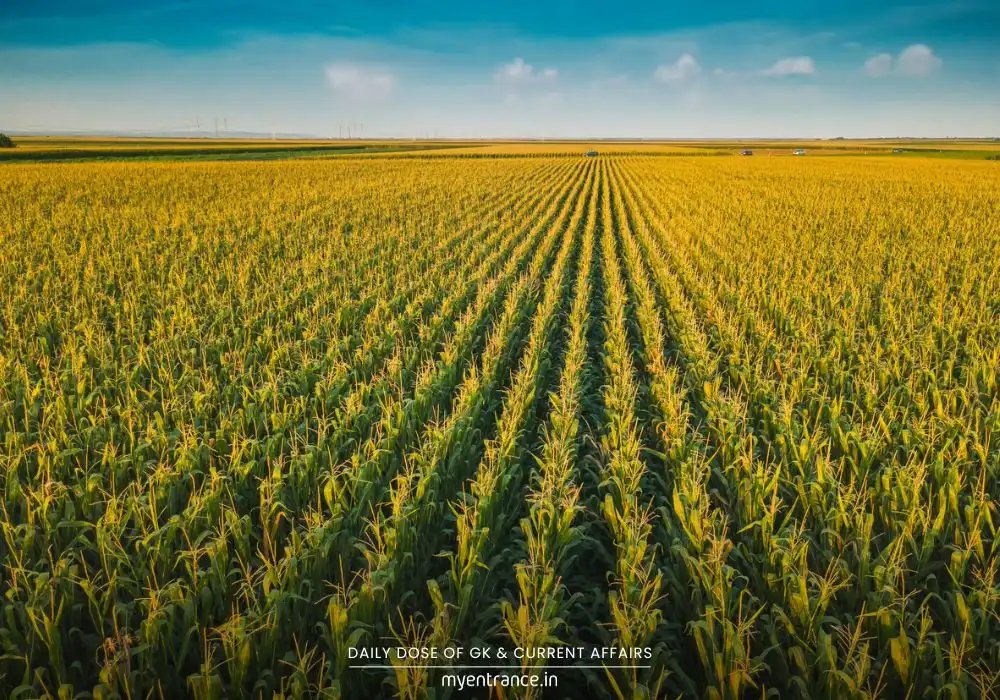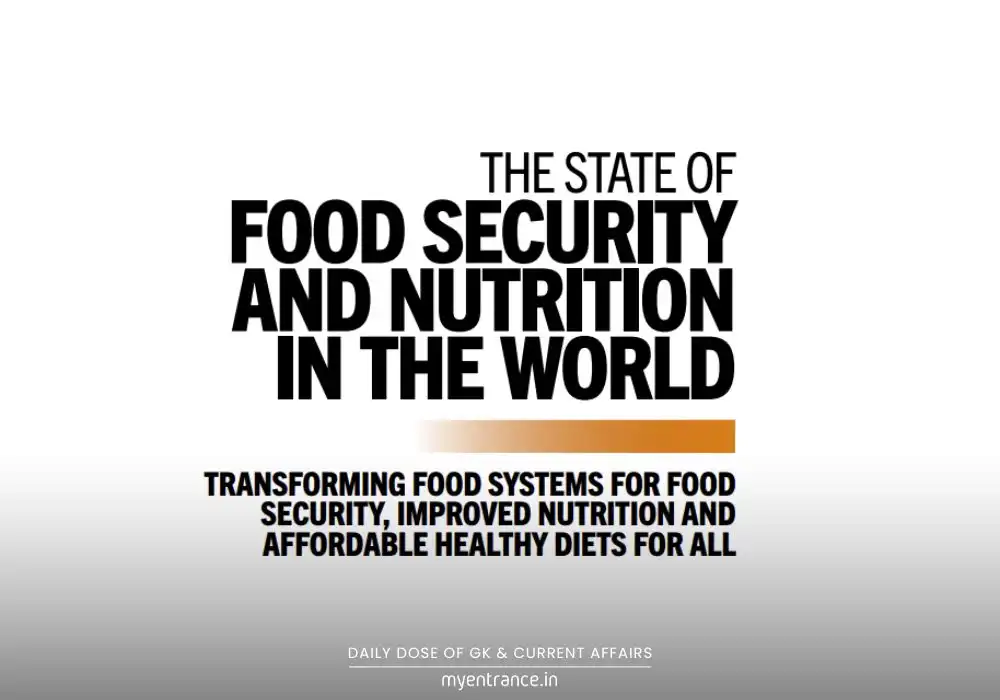Select Language
Why is Bihar’s Voter List Clean-Up Sparking a Constitutional Crisis?
The Election Commission’s rushed voter-list revision in Bihar faces a Supreme Court challenge for risking mass disenfranchisement. This high-stakes legal clash tests India’s constitutional commitment to free and fair elections.
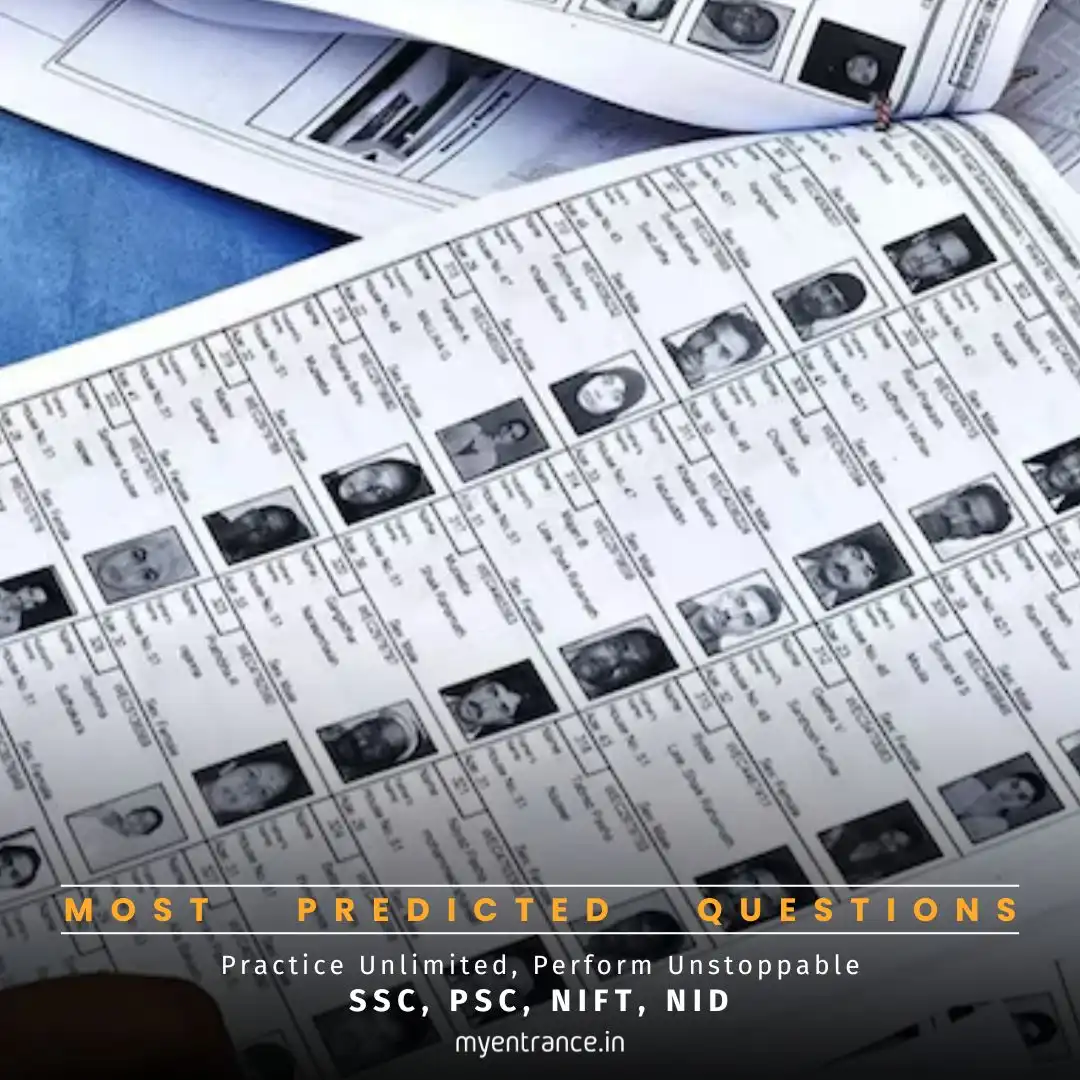
The Association for Democratic Reforms (ADR) has urgently petitioned the Supreme Court against the Election Commission of India’s (ECI) “Special Intensive Revision” (SIR) of Bihar’s electoral rolls. Filed under Article 32, the plea argues the June 24, 2025 order violates:
Articles 14, 19, 21 (rights to equality, freedom, and life)
Articles 325–326 (non-discrimination in voting and universal adult suffrage)
Representation of the People Act, 1950
Why the Controversy?
Documentation Burden: Voters must submit birth/place proofs—difficult for Bihar’s 33% poverty rate and migrant workers. Aadhaar/ration cards are excluded, worsening exclusion.
No Due Process: Names risk deletion without hearings or transparent methodology.
Assam NRC Parallels: Like the contentious NRC, this could strip voting rights from ~3 crore people, especially SC/ST communities.
Onus Shift: ECI places registration responsibility on citizens, not the State—a break from precedent.
ADR warns the 10-day revision timeline is “unreasonably short,” inviting errors. The ECI’s power under Section 21(3) of RPA, 1950 requires “recorded reasons,” which the petition claims are absent.
Why This Matters for Exams (SSC, PSC, Design Entrances):
Prelims: Directly covers “Indian Polity,” “Constitutional Provisions,” and “Rights Issues.”
Mains: Tests grasp of Representation of People’s Act, basic structure doctrine, and ECI’s powers (Articles 324–329).
Current Affairs: Real-world conflicts between electoral integrity and inclusivity often feature in GD/PI rounds for NID/NIFT/FDDI.
Analytical Skills: Questions on balancing voter-list accuracy with social justice mirror case studies in design/administration exams.
Sample Q&A for Exam Prep:
Q1: Under which constitutional article did ADR challenge the ECI’s electoral roll revision?
A1: Article 32 (right to constitutional remedies), alleging violations of Articles 14, 19, 21, 325, and 326.
Q2: How does Article 326 protect voters?
A2: It guarantees universal adult suffrage, barring exclusion based on religion, caste, gender, or literacy. ADR claims SIR’s documentation rules breach this.
Q3: What distinguishes the Bihar SIR from regular voter-list updates?
*A3: SIR demands birth/place proofs within 10 days—faster than routine revisions—and excludes widely held IDs like Aadhaar, risking exclusion of marginalized groups.*
Q4: Why does ADR compare Bihar’s SIR to Assam’s NRC?
A4: Both impose stringent documentation, disproportionately affecting vulnerable communities through potential mass disenfranchisement.
Q5: Which legal provision allows ECI to order special electoral roll revisions?
A5: Section 21(3) of RPA, 1950, requiring “reasons to be recorded.” ADR argues ECI failed this mandate in Bihar.
Get 3 Months Free Access for SSC, PSC, NIFT & NID
Boost your exam prep!
Use offer code WELCOME28 to get 3 months free subscription. Start preparing today!
